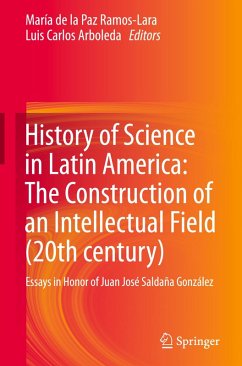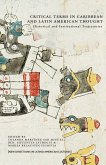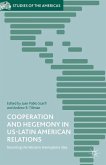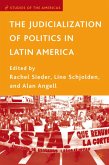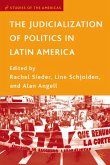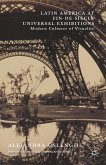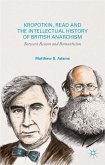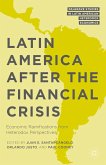This book provides a unique analysis of how the History of Science became institutionalized in Latin America during the last two decades of the 20th century. It examines the establishment of the first Latin American community in the History of Science and its connections with the international community and various international institutions, such as the International Union of History and Philosophy of Science and Technology / Division of History of Science and Technology (IUHPST/DHST). The authors are the same scholars who have been involved in several activities and strategies to professionalize and institutionalize this field in Latin America.
They explore the impact of Western educational institutions and theoretical and methodological perspectives on the introduction of the History of Science in several Latin American nations. The book examines the two-way movement of European scholars to Latin America and Latin American students mainly to France. At that time, the organization of congresses in France, Spain, the United States, and other European countries encouraged the participation of Latin American historians of science. Notable events include the Science and Empires congress in Paris (1990), the Ciencia, descubrimiento y mundo colonial conference in Madrid (1991), and the International Congresses of History of Science and Technology (ICHST).
The authors refer to seven Latin Americans who signed the Declaration of Bucharest (1981) to promote the history of sciences in their countries. This initiative led to the establishment of the Latin American Society for the History of Science and Technology (LASHST) in 1982, under the leadership of Juan José Saldaña, director of Quipu and Cuadernos de Quipu. With his leadership, existing national societies were reactivated, and new ones were created, up to ten in four years: Argentina, Brazil, Colombia, Mexico, Chile, Peru, Venezuela, Costa Rica, Ecuador, and Cuba. This effort internationally legitimized Latin American scientific practice, culminating in celebrating the XXI ICHST in Mexico City in 2001. He founded the International Association for Scientific Cultural Diversity (IASCUD) and became the first Latin American to serve as Secretary General of IUHPST/DHS from 2001 to 2005. Through his various actions and activities, Saldaña and the LASHST community were able to promote the institutionalization of the History of Science in Latin America. This book pays a well-deserved tribute to his efforts.
They explore the impact of Western educational institutions and theoretical and methodological perspectives on the introduction of the History of Science in several Latin American nations. The book examines the two-way movement of European scholars to Latin America and Latin American students mainly to France. At that time, the organization of congresses in France, Spain, the United States, and other European countries encouraged the participation of Latin American historians of science. Notable events include the Science and Empires congress in Paris (1990), the Ciencia, descubrimiento y mundo colonial conference in Madrid (1991), and the International Congresses of History of Science and Technology (ICHST).
The authors refer to seven Latin Americans who signed the Declaration of Bucharest (1981) to promote the history of sciences in their countries. This initiative led to the establishment of the Latin American Society for the History of Science and Technology (LASHST) in 1982, under the leadership of Juan José Saldaña, director of Quipu and Cuadernos de Quipu. With his leadership, existing national societies were reactivated, and new ones were created, up to ten in four years: Argentina, Brazil, Colombia, Mexico, Chile, Peru, Venezuela, Costa Rica, Ecuador, and Cuba. This effort internationally legitimized Latin American scientific practice, culminating in celebrating the XXI ICHST in Mexico City in 2001. He founded the International Association for Scientific Cultural Diversity (IASCUD) and became the first Latin American to serve as Secretary General of IUHPST/DHS from 2001 to 2005. Through his various actions and activities, Saldaña and the LASHST community were able to promote the institutionalization of the History of Science in Latin America. This book pays a well-deserved tribute to his efforts.

